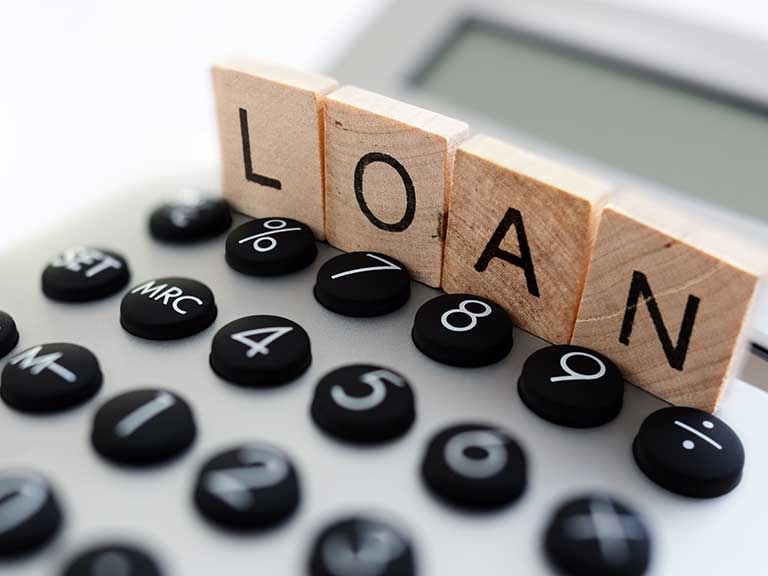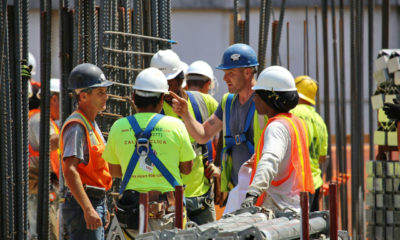- $1.1bn Brazilian Loan: FG to Create Five Million Jobs
Up to five million new jobs will be created in a fresh $1.1bn agricultural loan project with the Brazilian Government, the Nigerian Government disclosed in Abuja on Thursday.
The loan is sourced under a Nigeria-Brazil bilateral project, ‘Green Imperative’, which was launched at the Presidential Villa by Vice-President, Yemi Osinbajo.
The partnership involves the provision of modern agricultural machinery and support services, including 10,000 tractors to be assembled locally in Nigeria and the establishment of over 707 training centres for Nigerians.
Speaking at the launch of the project, Osinbajo said it was part of the government’s promise to invest in agriculture.
“We cannot bring our nation out of poverty without investment in agriculture. Also, the sheer number of young people coming of age will not only need to be fed but also employed. They want dignified jobs with decent pay,” Osinbajo stated.
He explained that the fascinating aspect of the deal was the emphasis on mechanised agriculture, which he said, would lead to higher yields.
He noted, “Today, we are producing Paddy Rice as much as we need because of mechanisation of agriculture.
“The only way to make the quantum leap required in our economy is what we are doing today with this project, the Green Imperative.”
With mechanised agriculture, the VP believed that the youth would be attracted to farming because of the simplicity that came with the modern farming system.
He added, “One of the reasons young people don’t warm up to agriculture is because it is not mechanised but that will change with this project.
“We have made a significant difference in creating food sufficiency and decent jobs. We have ensured that this will be private sector driven.”
The Minister of Agriculture, Chief Audu Ogbeh, challenged the youth to seize the opportunity offered by the project to create wealth, using agriculture.
“With Brazilian support, we will get to where we want to get to.
“Importation alone does not make a country great, production does. By importation, we also imported poverty and unemployment but this administration is set to reverse all that. Work is prayer in action,” the minister said.
On her part, the Minister of Finance, Mrs Zainab Ahmed, spoke on the loan package, saying that the government went for it as part of the policy on diversifying the economy from oil to non-oil options.
“The project we are launching today will be implemented with a total loan package of $1.1bn majorly from the Brazilian Government, which will be disbursed in four tranches over a period of two years.
“It is pertinent to state here that greater percentage of the loan will be provided in kind through the supply of agricultural machinery and implements in the form of Completely Knocked Down parts.
“This arrangement is expected to reduce fiduciary risks and create more employment opportunities for our teeming youth and those that will be involved in assembling the machinery and implements.
“Another important benefit of the project is that its implementation will be purely private-sector led in all its operations including the assembling of the machinery/ implements, operation of the service centres and the agro-processing centres.
“The project will be implemented in all the 774 local government areas of the country in phases.
“Let me use this opportunity to sensitise the Nigerian private sector, youth and women to get ready for business. The selection of the participants in this project will be done on merit as our concern is nothing but the success of the project. We will ensure that participation is devoid of politics and any form of nepotism.”
The Brazilian Ambassador to Nigeria, Ricardo Guerra de Araujo, confirmed $1.1bn worth of the deal and the other components reeled out by the Nigerian government officials.
But, he called for urgent solutions to post-harvest losses in Nigeria, which he observed accounted for the loss of revenue in billions of Naira yearly.
On the benefits of the deal, the envoy stated, “It has become imperative to make agriculture attractive to young farmers since this is the only way to develop human capital.
“The truth is that agriculture has the potential to create jobs for millions, support small scale farmers to actualise their potential.”

 Forex3 weeks ago
Forex3 weeks ago
 Naira2 weeks ago
Naira2 weeks ago
 Billionaire Watch2 weeks ago
Billionaire Watch2 weeks ago



 Naira3 weeks ago
Naira3 weeks ago






 Naira2 weeks ago
Naira2 weeks ago




 Naira1 week ago
Naira1 week ago




 Naira4 weeks ago
Naira4 weeks ago






 Naira3 weeks ago
Naira3 weeks ago
























